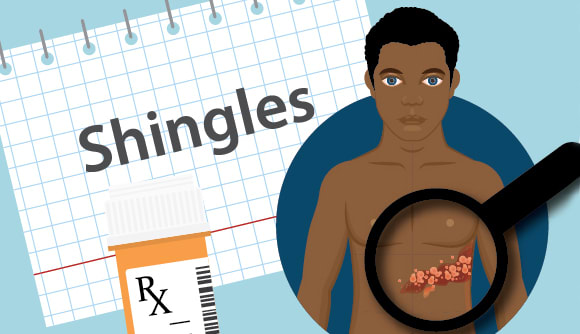Never too early to exercise your brain
Hold on to your memories with these brain health tips.
Article Date:

When you're young, you may not even realize your brain will start to shrink as you get older. In fact, some studies show the brain starts losing cells as early as your 20s and progressively shrinks more rapidly after age 40.
And while there are some memories you may want to forget, there are fond ones you'd like to keep around to share with your grandchildren.
A neurologist's tips to protect your memory
According to neurologist Bryan Riggeal, MD, with Baptist Neurology Group, there are steps you can take at a young age to help ensure you'll stay sharp and remember the "good old days" to share with generations to come.
1. Limit the use of electronics
"Excessive electronic use can potentially hurt our brains," said Dr. Riggeal. "While nothing suggests that it causes dementia, it will contribute to attention and concentration problems, which commonly present with memory loss."
"Some of these problems may also be related to relying too much on electronic devices rather than thinking about things. This might be offset by depending less on a quick Google search," Dr. Riggeal continued.
Brain atrophy, or shrinking of the brain, is universal and there's no way to predict when it will start or how rapidly it will progress.
"Once the atrophy occurs, there's really nothing that can be done currently to reverse it. Therefore, there really isn't a time that's too early to start considering possible interventions and modifications in attempts to keep the mind sharp," Dr. Riggeal said.
2. Maintain an active lifestyle
While in your 20s, you should consider an active and heart-healthy lifestyle to lower your risks of dementia.
"We know that the No. 1 risk factor for dementia is age," Dr. Riggeal said. "Since there's no real way to stop the aging process, all of the emphasis is on preventing the other, lesser important risk factors including sedentary lifestyle, lack of social interactions, and vascular risk factors like high blood pressure, diabetes and cholesterol problems."
Vascular problems contribute to cognitive issues, including dementia. Numerous studies published in the U.S. National Library of Medicine point to the importance of exercise at an early age to maintain a healthy brain. One study points to high-intensity cycling or long-term, moderate-intensity exercise for improving cognitive performance in young adults, while regular exercise after 65 can also aid in reducing memory loss.
3. Give your brain a workout
Memory training, learning to use memory clues, and practicing inductive reasoning (critical thinking skills based on observations and experiences) have all been suggested, at least in the short term, to help with memory, according to Dr. Riggeal. Getting into the habit of using critical thinking skills may also stave off a decline.
Dr. Riggeal pointed to brain studies in Korea showing one or both sides of the brain can be improved with activities such as playing an instrument or participating in creative art. Concentration can be enhanced with activities such as learning a new language or reading books.
4. Eat healthy and get plenty of sleep
Dr. Riggeal pointed out that while no data convincingly states that any specific nutritional strategy can help prevent dementia because populations, regions and genetic factors differ widely, abnormal levels of some nutrients have been linked to a higher rate of cognitive decline. There are many nutritional factors to vitamin E, vitamin C, selenium (a mineral found in the soil), omega-3 fatty acids, various forms of the Mediterranean diet, B12, B6, folic acid, and others.
Dr. Riggeal also shared focusing on nutrition shouldn't stop when someone develops dementia. Recent studies suggest poor nutrition is a risk factor for behavioral issues and agitation for those with dementia.
"Good sleep is also crucial and can certainly contribute to memory problems by way of inattentiveness, termed pseudodementia," Dr. Riggeal said. Studies in mice have suggested that sleep problems could potentially increase the risk of dementia, though high-quality studies have not clearly defined this.
Are you or a loved one having trouble with memory loss?
Baptist Health offers a range of services to help with the aging process and assess neurological needs throughout the course of your life.
Source: U.S. National Library of Medicine National Institutes of Health study




